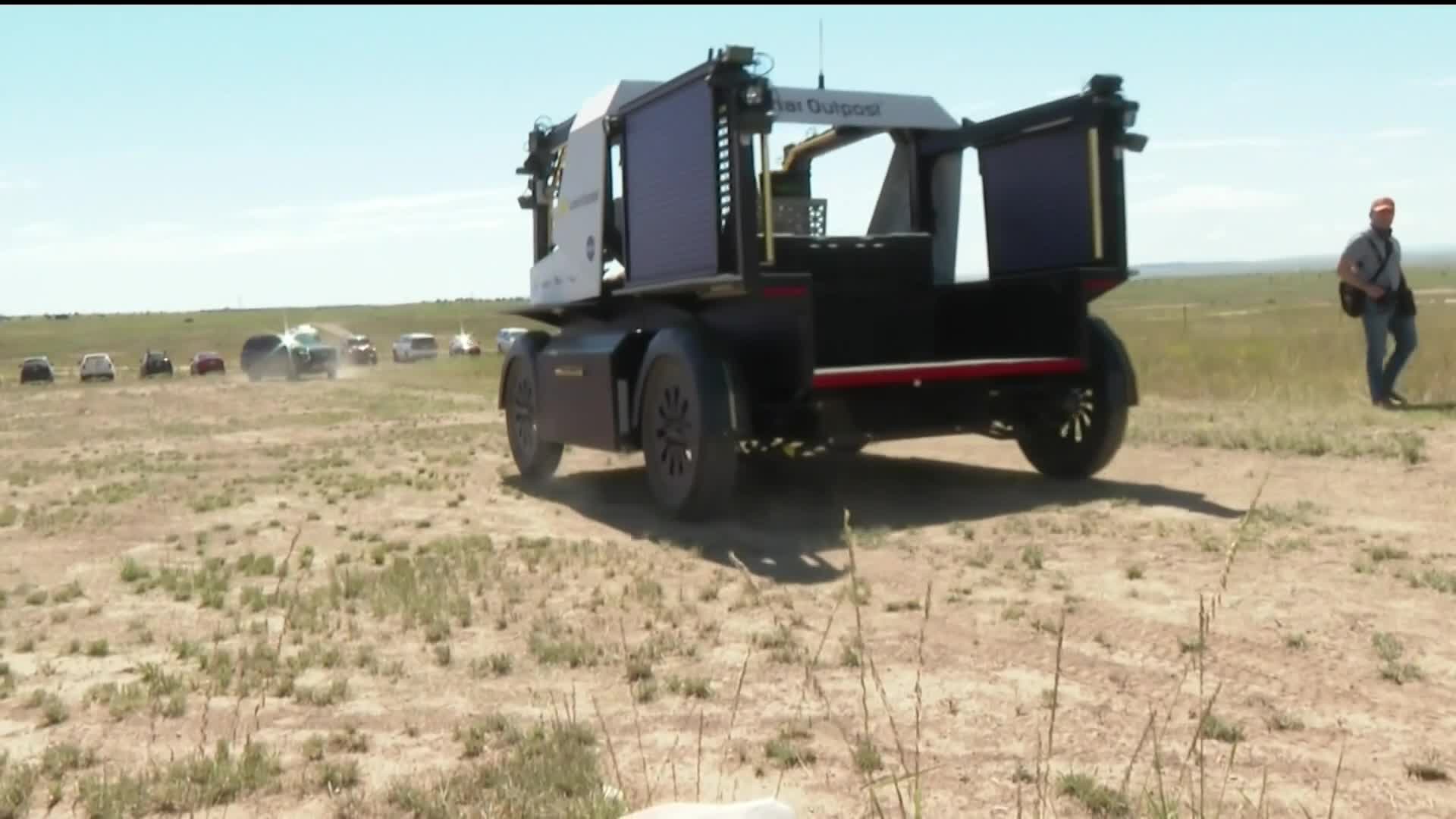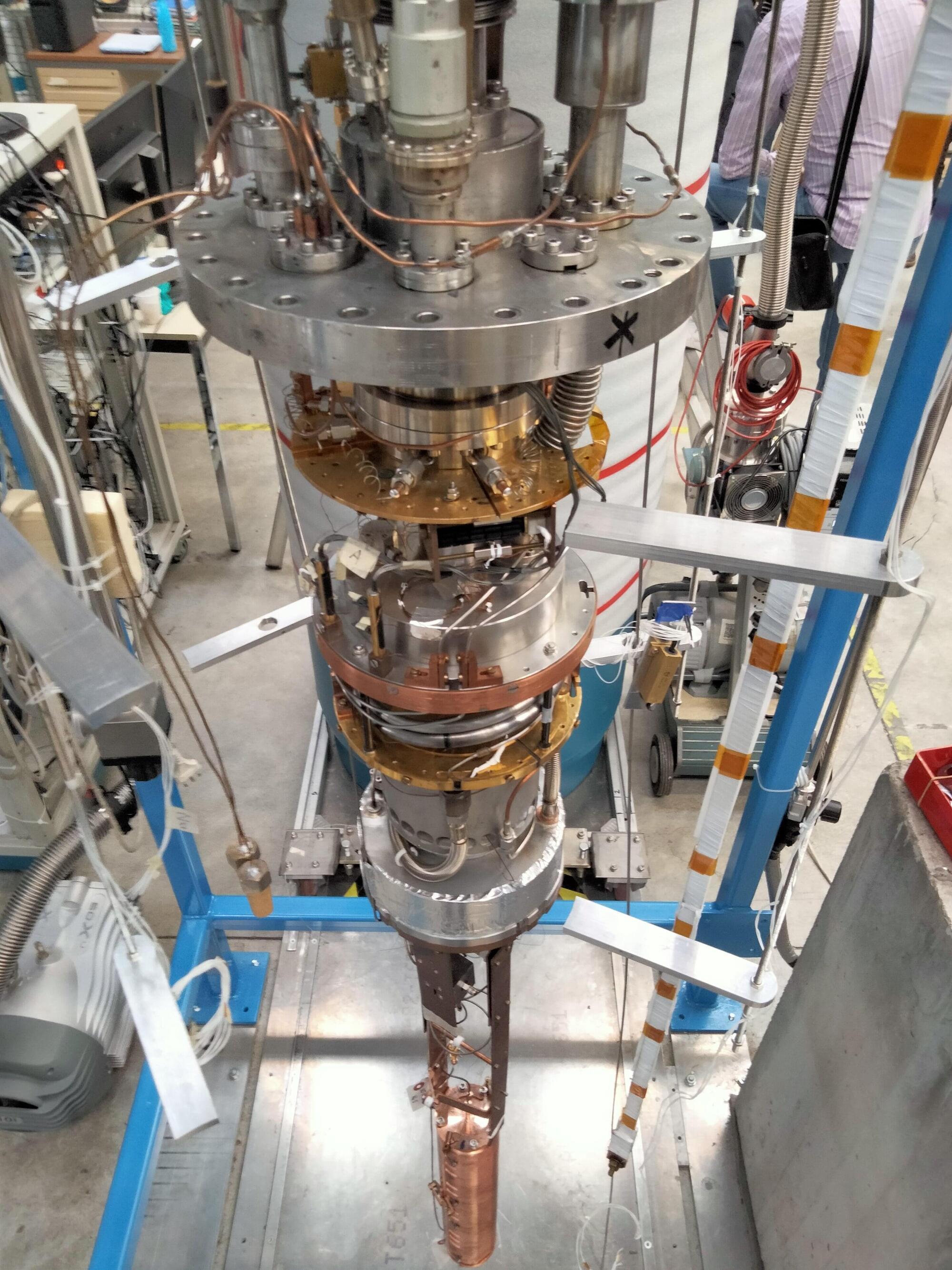Memories and learning processes are based on changes in the brain’s neuronal connections and, as a result, in signal transmission between neurons. For the first time, DZNE researchers have observed an associated phenomenon in living brains – specifically in mice. This mechanism concerns the cellular pulse generator for neuronal signals (the “axonal initial segment”) and had previously only been documented in cell cultures and in brain samples. A team led by neuroscientist Jan Gründemann reports on this in the journal Nature Neuroscience, alongside experts from Switzerland, Italy, and Austria. Their study sheds light on the brain’s ability to adapt. Next, the researchers intend to investigate the significance of these findings in Alzheimer’s disease.
In the brain, neurons branch out and connect with each other to form a network through which electrical signals are actively exchanged. This network structure is an essential component of the brain’s “hardware” and is therefore fundamental to its function, especially with regard to learning processes and memory formation. However, this complex architecture and signal transmission across this network are not fixed; they can change as a result of experiences and events. This flexibility, also known as neuroplasticity, is the basis for the brain’s ability to adapt.
As memories are formed, the brain changes in measurable ways: synaptic “pulse generators” grow and shrink, revealing surprising insights from brain research.






